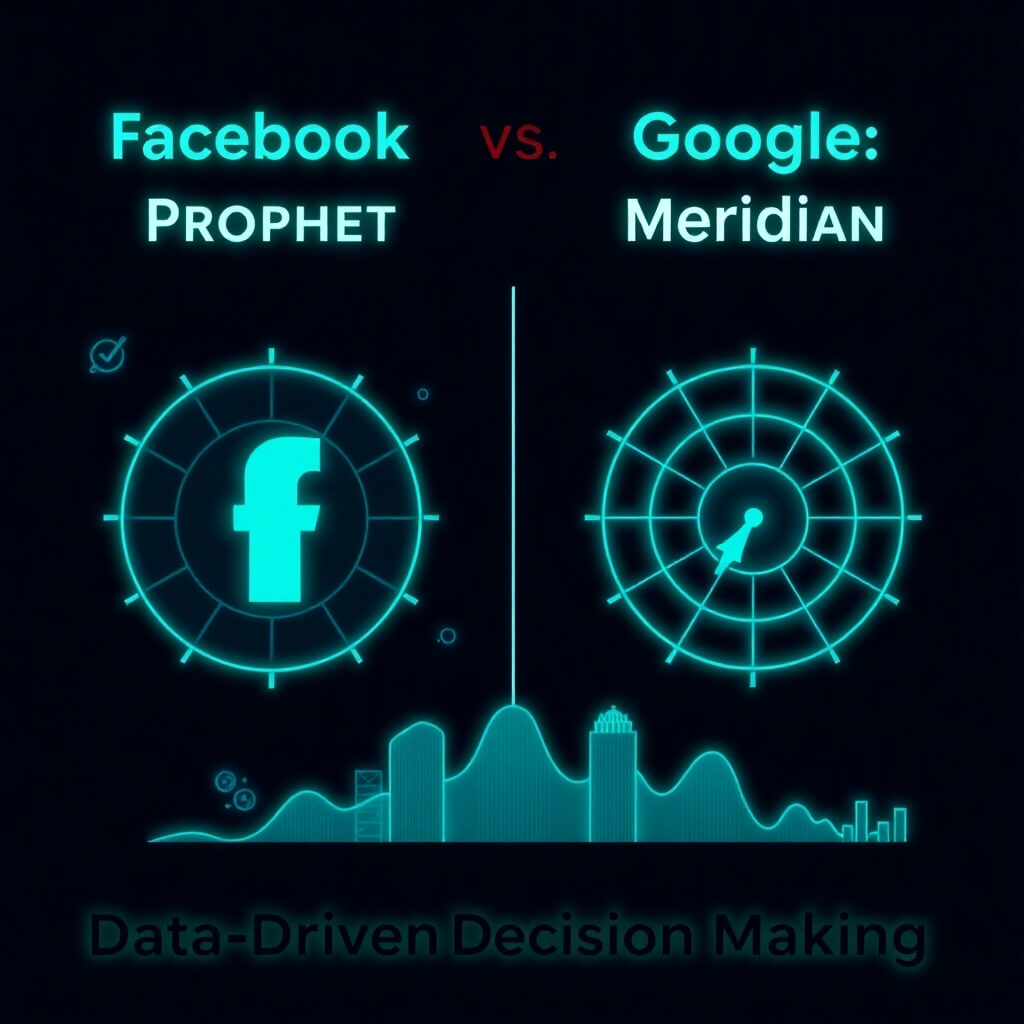
Earlier this month, Twitter and Annalect released a study highlighting the benefits of influencer marketing on Twitter. Here are some of the interesting statistics they reported:
- 56% of users rely on recommendations from friends
- 49% of users rely on recommendations from influencers
- 40% of users have made a purchase because of a tweet from an influencer
- 20% of users were inspired by influencers to share a product recommendation
We all know that word of mouth is the strongest form of marketing. But the fact that 49% of users trust recommendations from influencers, second only to recommendations from friends, really shows how persuasive influencer marketing can be.
Defining influencer marketing
Let’s take a step back and define influencer marketing. Influencer marketing is a form of marketing where brands partner with influential users to reach new audiences. An influencer is:
- Someone who has an established voice on a platform. Ideally brands should look for influencers in channels where they want to grow.
- Someone who has an engaged audience. They don’t have to have a million followers, but the thousands that they do have are highly engaged.
- Someone who creates content around the same area as your brand niche. This relationship has to be authentic. It will bring you and your influencer more harm than good if your audience does not believe in the authenticity of the promotion.
The result (or deliverable) from influencer marketing can be a guest blog post, a product/service/solution review, a podcast, a social media post on the influencer’s channel, a quote, an interview, or an expert roundup… to name a few examples.
The benefits of influencer marketing
Besides the data mentioned above from Twitter and Annalect’s study, here are 3 more benefits of influencer marketing:
- It helps brands reach more people by tapping into the influencer’s pool of followers.
- It can be more effective than other forms of advertising: “92 percent of people trust recommendations from individuals (even if they don’t know them) over brands.” (ION)
- According to eMarketer, the average return on investment (ROI) from influencer marketing is $6.85 for every $1 spent.
One last thing we should really stress, again
It’s really important that brands and influencers collaborate in an authentic and honest way. That’s why “influencer marketing” is described as a partnership, not a brand giving an influencer a product and the text for the influencer to copy and paste verbatim. The influencer must have leeway to make this promotion their own. This means that brands need to give up a bit of control on what the final output looks like. The brand and influencer must also disclose the nature of their agreement to their audience and comply with other Federal Trade Commission guidelines surrounding native ads and sponsored content. Failure to do so can lead to deceptive adverting charges (here are some examples of recent enforcement actions by the FTC). Therefore, like all marketing approaches, brands should always keep it honest and legal.
Updated on May 31, 2016 to include notes on FTC native ads guidelines





